EvidenceHunt - PubMed Literature Search
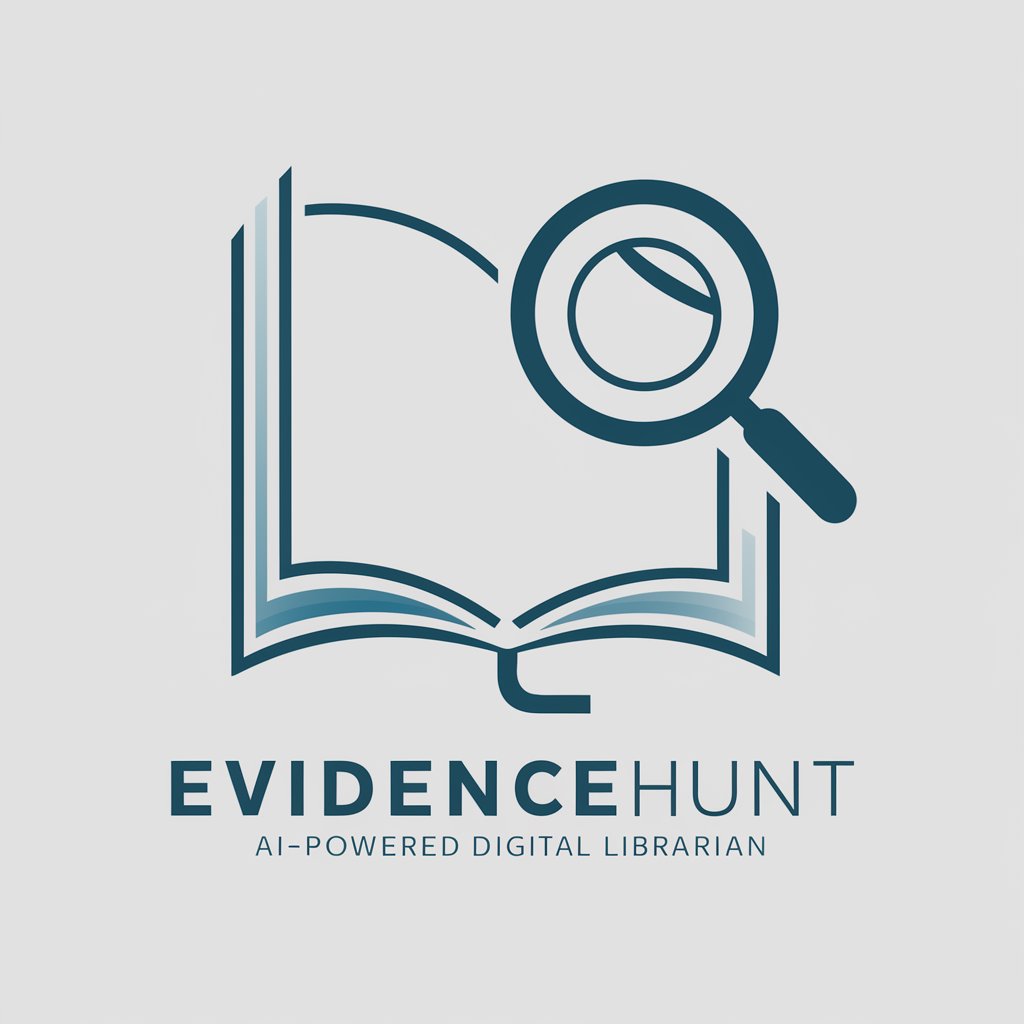
Welcome to EvidenceHunt, your AI-powered assistant for precise and reliable research.
Unlocking Medical Insights with AI
Explain the latest advancements in AI-driven research tools.
Summarize recent studies on the effectiveness of digital librarians.
Discuss the impact of AI on medical literature review processes.
Analyze the benefits of using AI for evidence-based decision-making.
Get Embed Code
Understanding EvidenceHunt
EvidenceHunt is a specialized tool designed to assist users in navigating the vast array of scientific literature available in databases like PubMed. It leverages advanced search algorithms and a user-friendly interface to provide precise, relevant search results based on specific queries. The core purpose of EvidenceHunt is to streamline the process of finding and accessing biomedical literature, making it easier for researchers, healthcare professionals, and students to obtain the information they need for their work, studies, or personal knowledge. An example scenario illustrating its utility is a medical researcher looking for the latest studies on a new treatment for a rare disease. By using EvidenceHunt, the researcher can quickly identify the most relevant, high-impact studies without having to manually sift through hundreds of articles. Powered by ChatGPT-4o。

Core Functions of EvidenceHunt
Advanced Search Capabilities
Example
Crafting complex queries with logical operators to filter results more effectively.
Scenario
A researcher needs to find studies on the efficacy of a specific drug for treating anxiety but only wants results from randomized trials conducted in the past two years. EvidenceHunt allows them to specify these criteria, returning only the most relevant and recent studies.
Customization of Search Results
Example
Specifying the recency of publications, selecting desired publication types, indicating a preference for high-impact factor publications, and setting a minimum sample size.
Scenario
A public health official is looking for systematic reviews and meta-analyses on the effectiveness of mask-wearing in preventing respiratory infections. They can customize their search to only include high-impact factor journals published within the last 12 months, ensuring they access the most authoritative and up-to-date information.
Access to High-Quality Sources
Example
Direct links to full-text articles or abstracts from reputable journals.
Scenario
A student working on their thesis about advancements in breast cancer treatment uses EvidenceHunt to find primary sources. They can quickly obtain articles from leading oncology journals, facilitating their literature review process.
Who Benefits from EvidenceHunt?
Medical Researchers
These users benefit from EvidenceHunt's ability to find specific, high-quality studies relevant to their research fields, helping them stay abreast of the latest developments and inform their experimental designs or literature reviews.
Healthcare Professionals
Doctors, nurses, and other healthcare providers use EvidenceHunt to access the latest evidence-based practices and clinical guidelines. This ensures they can offer the best care to their patients by making informed decisions based on current research.
Academic Students and Instructors
Students benefit from using EvidenceHunt for coursework, thesis research, or general study, as it provides them with direct access to a wealth of academic papers. Instructors can use it to curate materials for lectures, assignments, and staying updated in their field of expertise.

How to Use EvidenceHunt
1
Begin by accessing yeschat.ai for a complimentary trial, no sign-up or ChatGPT Plus required.
2
Define your research question or the information you're seeking to ensure precise and relevant search results.
3
Select the specific parameters for your search, such as publication type, recency, impact factor, and minimum sample size, to refine the results.
4
Review the summarized findings presented in an easy-to-understand format, tailored for non-medical professionals.
5
Utilize the direct references provided to explore the original articles for deeper insights into your topic of interest.
Try other advanced and practical GPTs
🏝️ Rescue Island lv3.5
Survive. Strategize. Escape.

Comicbook Valuator
Empowering your comic book investments with AI

MOBA Bug Trackers
Streamline Your MOBA Bug Reporting

👮 Sketch Artist lv3.5
Bringing Descriptions to Life with AI

Tactical Planner
Strategize Your Success with AI

誰でもストーリーが作れる!ショートストーリー作成ツール
Empower Your Brand with AI-Driven Stories
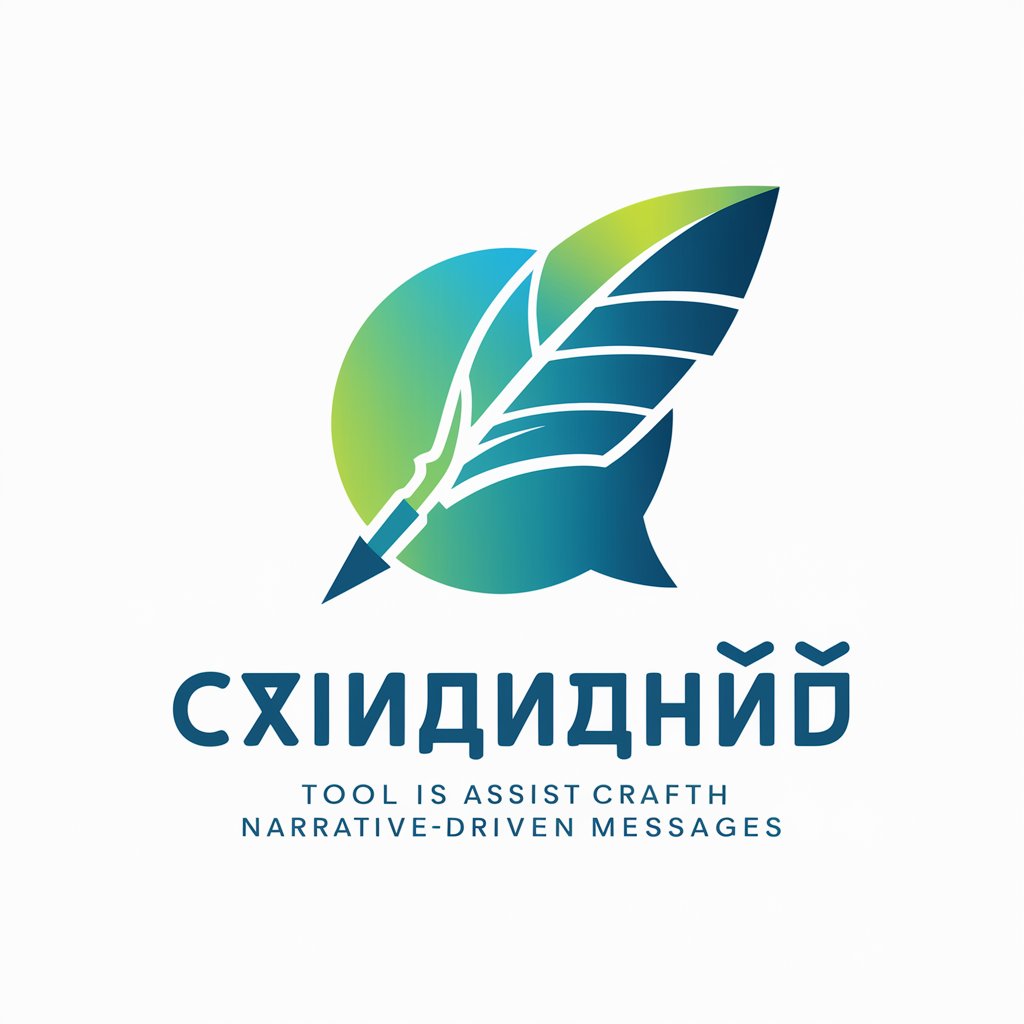
Citations and Copy Editing (Chicago)
Empower Your Writing with AI-Enhanced Chicago Style Editing

HaciendaGPT
AI-Powered Spanish Tax Insights
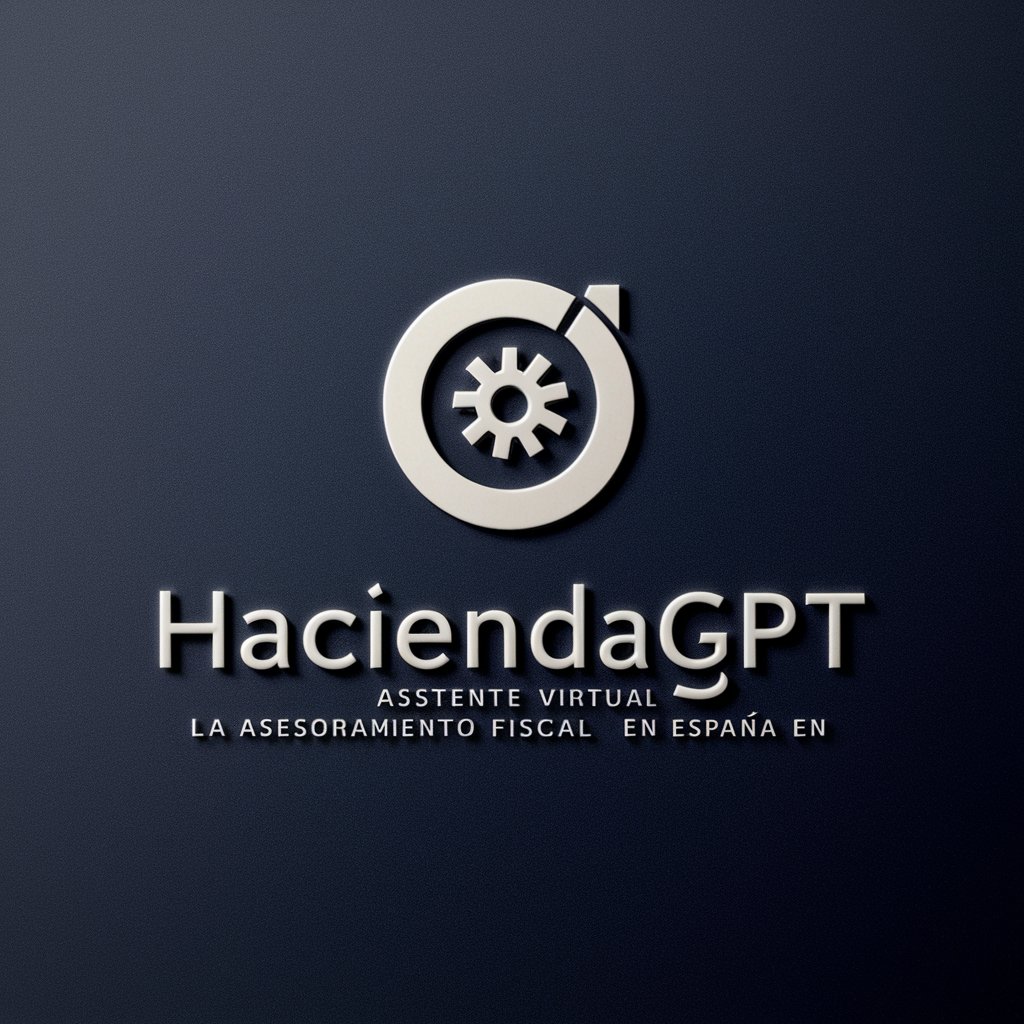
EchelonGPT
Empowering Your Echelon Adventures
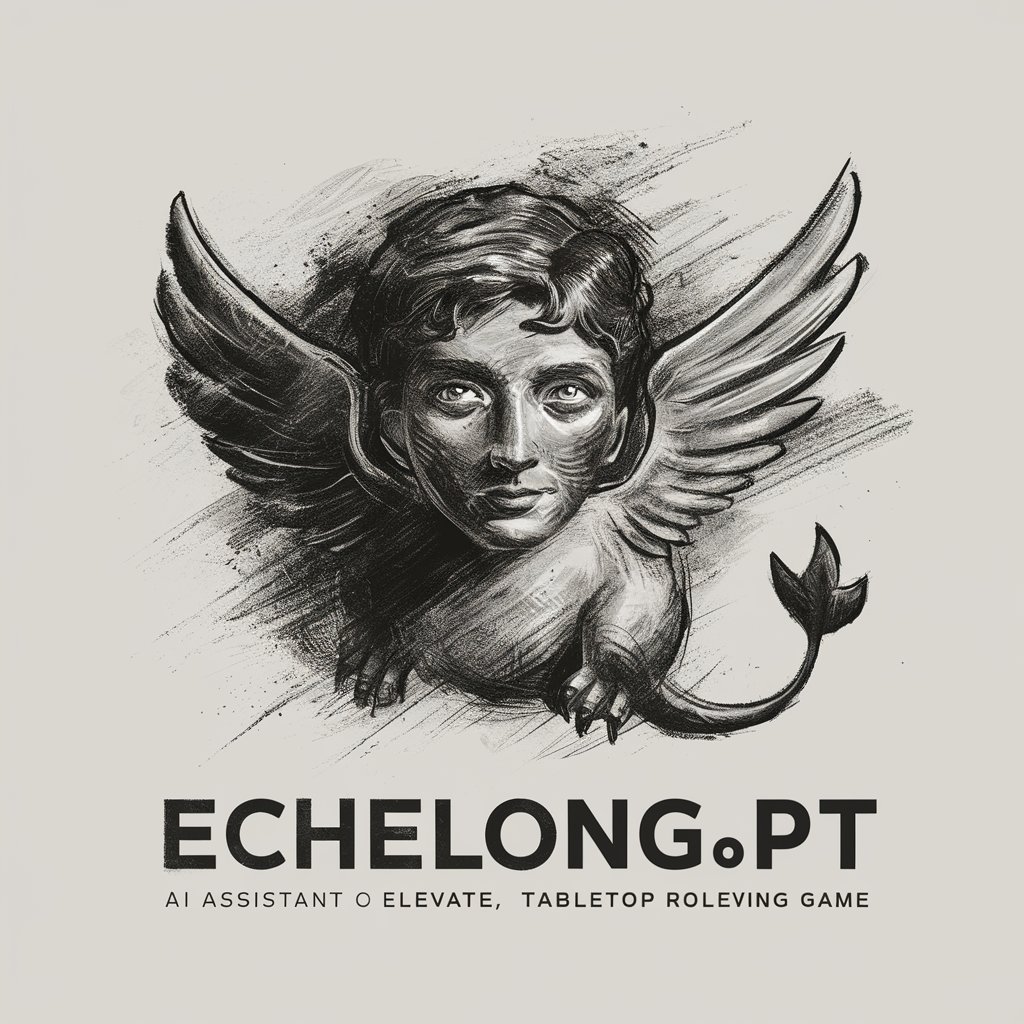
ReadMeGen
Elevate Your Project with AI-Driven Documentation
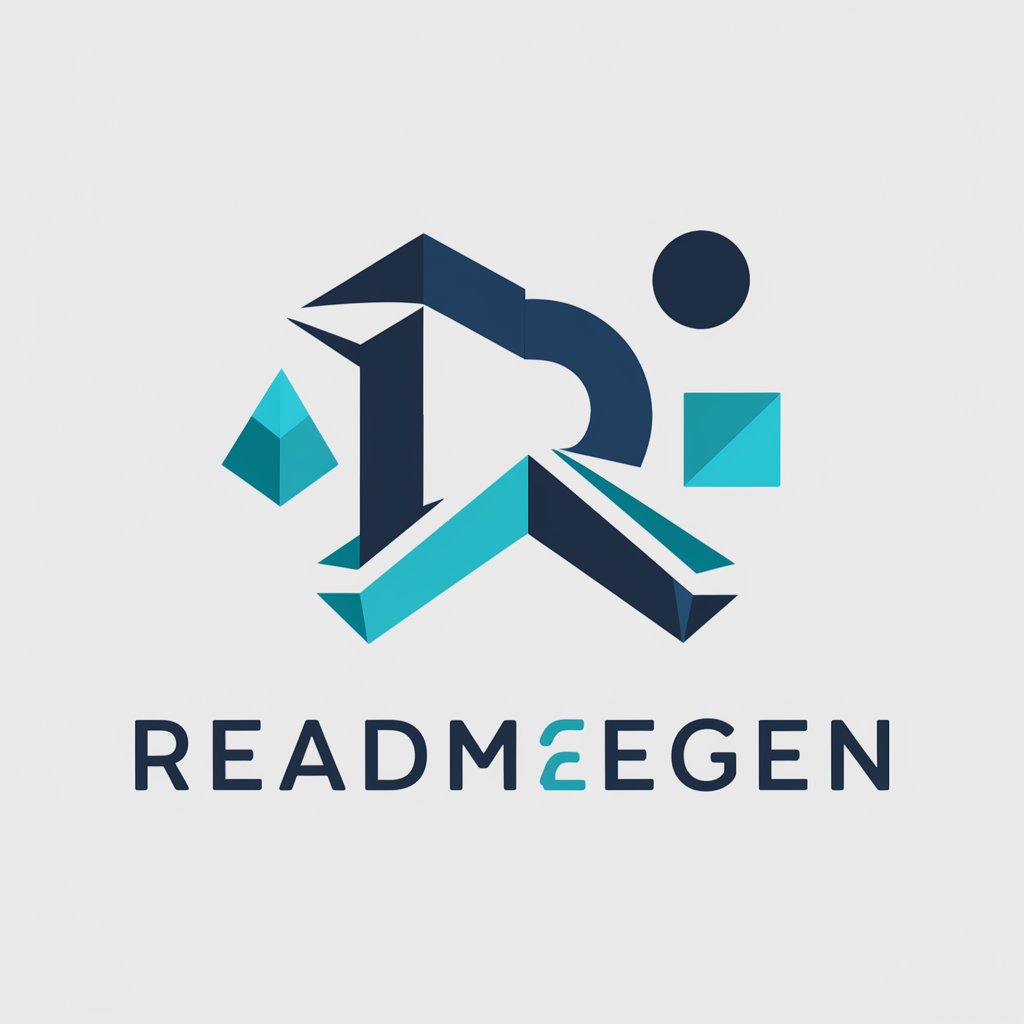
TimePirate
Ignite Creativity with AI Power

Excuser
Crafting Humorous Excuses with AI

EvidenceHunt Q&A
What is EvidenceHunt?
EvidenceHunt is a specialized tool designed to streamline the process of finding and summarizing relevant biomedical literature from PubMed, catering to both medical professionals and laypersons seeking research-based evidence.
Who can benefit from using EvidenceHunt?
Researchers, healthcare professionals, academic students, and anyone in need of evidence-based medical information can benefit from using EvidenceHunt.
How does EvidenceHunt ensure the relevance of search results?
EvidenceHunt utilizes advanced algorithms to parse your query, applying specified filters such as publication type, recency, and sample size to deliver the most relevant and high-quality results.
Can EvidenceHunt help with systematic reviews?
Yes, by providing tailored searches that filter for systematic reviews and meta-analyses, EvidenceHunt can significantly aid in the initial stages of gathering literature for systematic reviews.
How current is the information provided by EvidenceHunt?
EvidenceHunt sources information from PubMed, ensuring access to the most recent publications up to the last update, with options to specify the recency of the articles desired.
